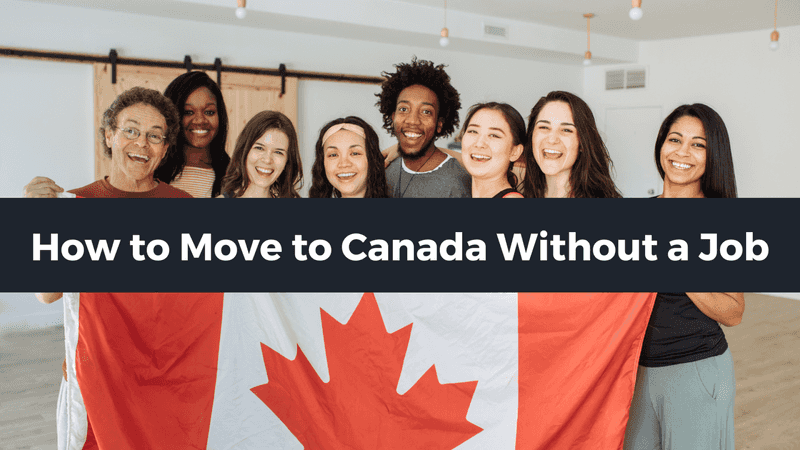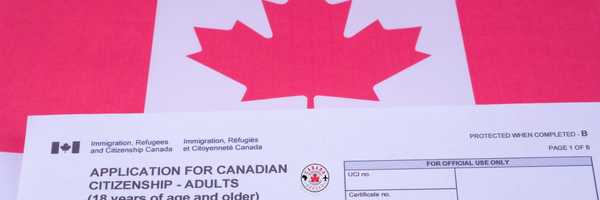How to Move to Canada Without a Job


If you are wondering how to move to Canada without a job, then you are in the right place! While a job offer from a Canadian employer can increase your odds of moving to Canada and can expedite the process, it is not always a requirement for those wanting to move to Canada.
The most popular way to move to Canada without a job is the Federal Skilled Worker program. The Federal Skilled Worker program allows individuals from around the world to apply for Canadian permanent residency based on a variety of factors which include age, education, work experience, and English or French language skills. The Federal Skilled Worker Program does not require a job offer in order to be eligible, nor does it require any Canadian work experience, making it the easiest Canadian immigration option for prospective immigrants from around the world. Those wishing to apply through the Federal Skilled Worker Program must create an Express Entry profile and enter the Express Entry Pool of applicants. Once applicants enter the Express Entry pool, they are given a score based on their age, education, work experience, language abilities in English and/or French, and any connections they have to Canada. If the applicant’s score is high enough, they will be invited to apply for Permanent Residence. If an applicant’s score is not high enough, then they will need to increase it, or they will not be invited to apply for permanent residence.
The second most popular way to move to Canada without a job is the International Experience Canada (IEC) program. International Experience Canada (IEC)’s Working Holiday category does not require a job offer and allows applicants to work anywhere in Canada for any employer for a specific period of time. Some permits may be issued for six months or up to two years. This program targets younger applicants from specific countries that have agreements in place with Canada and who are typically between the ages of 18 and 35. After working in Canada for a full twelve months, applicants may then be eligible to apply for permanent residence through the Canadian Experience Class. The Canadian Experience Class does not require a job offer but it does require applicants to have at least one year of continuous full-time (or an equal amount in part-time), paid work experience in Canada within the last three years in an eligible occupation.
One of the most popular ways to move to Canada without a job over the past few years has been to first study in Canada. This option has increased in popularity as the required score for Express Entry applicants has increased. That was due to the fact that Express Entry draws were paused during the COVID-19 pandemic. Studying in Canada can allow accompanying spouses to obtain an open work permit. This will benefit the application as if the spouse works in a skilled occupation in Canada for the equivalent of one year full-time then it will allow them to apply through the Canadian Experience Class OR depending on their job, if the employer is happy with them then they can sign off a letter to support them applying for Permanent Residency through a Provincial Nominee program. If the program the student is accepted into is eligible, they can apply for a post-graduate work permit once they have completed the program. This would then allow them to work in Canada for 8 months or more after graduation. The time of the work permit is based on the duration of your program of study. If the student then works in Canada for the equivalent of one year full-time then it will allow them to apply through the Canadian Experience Class OR depending on their job, if the employer is happy with them then they can sign off a letter to support them applying for Permanent Residency through a Provincial Nominee program. In most cases, students can be accompanied by their spouses and dependent children.
While these are the top three ways to currently move to Canada without a job, you may have other options depending on your specific background. Complete our free Canadian immigration assessment to see which options may be available to you, or book a consultation with one of our Regulated Canadian Immigration Consultants.


